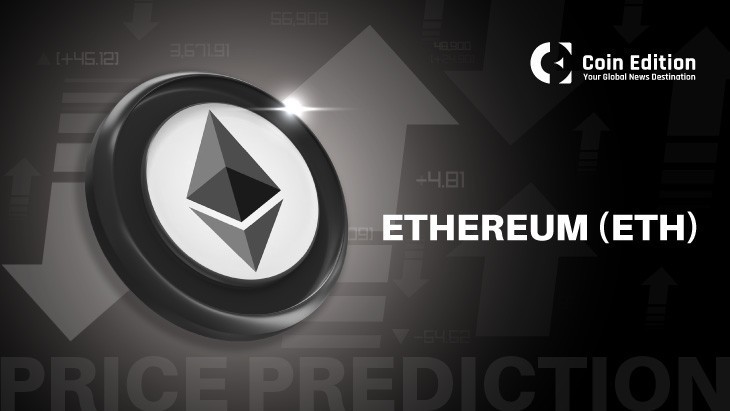The world of AI is getting busier, but this time it’s not about big models or the latest chips. Bagel Labs and the Filecoin Foundation have chosen a different path: creating an AI ecosystem that protects privacy from the ground up.
They announced a system integration that allows AI processing to be done encrypted, while maintaining high performance. Not only that, two high-level security features, differential privacy and zero-knowledge proofs, are also involved.
A Legal Shield for AI Developers Working With Sensitive Data
With this approach, user data no longer has to be “risked” for the sake of technological sophistication. Imagine you train an AI model on hospital data, but no patient information can be peeked at—not even by the system itself. Well, that’s where the role of this privacy mechanism becomes very crucial.
They want the world of AI to continue to grow, but without sacrificing basic privacy rights. And yes, all of this is run decentralized.
Interestingly, the technology used in this collaboration is also made to follow the applicable rules of the game. Starting from GDPR in Europe to CCPA in the United States, everything is taken into consideration.
So if you’re a developer who deals with sensitive data, this system gives you the space to build AI models without having to worry about regulation. Because encryption and non-disclosure proofs aren’t just for technical reasons—they’re also a kind of legal shield.
Filecoin Bridges AI and Blockchain With Real Utility
Interestingly, this collaboration also introduces something called GPU Restaking, which allows nodes on the Filecoin network to maximize their hardware. So it’s not just a place to store data, but also a computing engine for AI. It’s as if you have a computer that can do two jobs at once, but without causing it to hang.
On the other hand, CNF previously reported that now smart contracts on EVM networks like Ethereum, Polygon, and Avalanche can directly trigger Filecoin storage without having to move networks. This is made possible through integration with Axelar as a cross-chain bridge. In practice, developers can store AI data directly from the smart contracts they build—without having to bother leaving their ecosystem.
A similar collaboration was launched on May 27, 2025, when the Filecoin Foundation and Ava Labs launched a data bridge between the Avalanche C-Chain and Filecoin via the Filecoin Virtual Machine.
This allows data from Avalanche smart contracts to be stored securely and decentralized on Filecoin, complete with on-chain proof of storage. This solution is not only cost-effective, but also supports regulatory compliance such as KYC and audit trails.
Furthermore, data from the first quarter of 2025 shows that Filecoin is starting to change course. From initially pursuing massive storage volumes, they are now more interested in storing high-value data.
During that period, over 5,000 unique contracts were deployed on the Filecoin Virtual Machine, generating over 3.2 million transactions. Along with that, they have formed partnerships with Aethir and Cardano, and launched a new stablecoin called USDFC that is directly backed by FIL. They want users to be able to join DeFi without having to sell their underlying assets.
Meanwhile, as of press time, FIL is changing hands at about $2.63, down 8.16% over the last 24 hours and its market cap is dropping below the $1.80 billion mark.














Leave a Reply